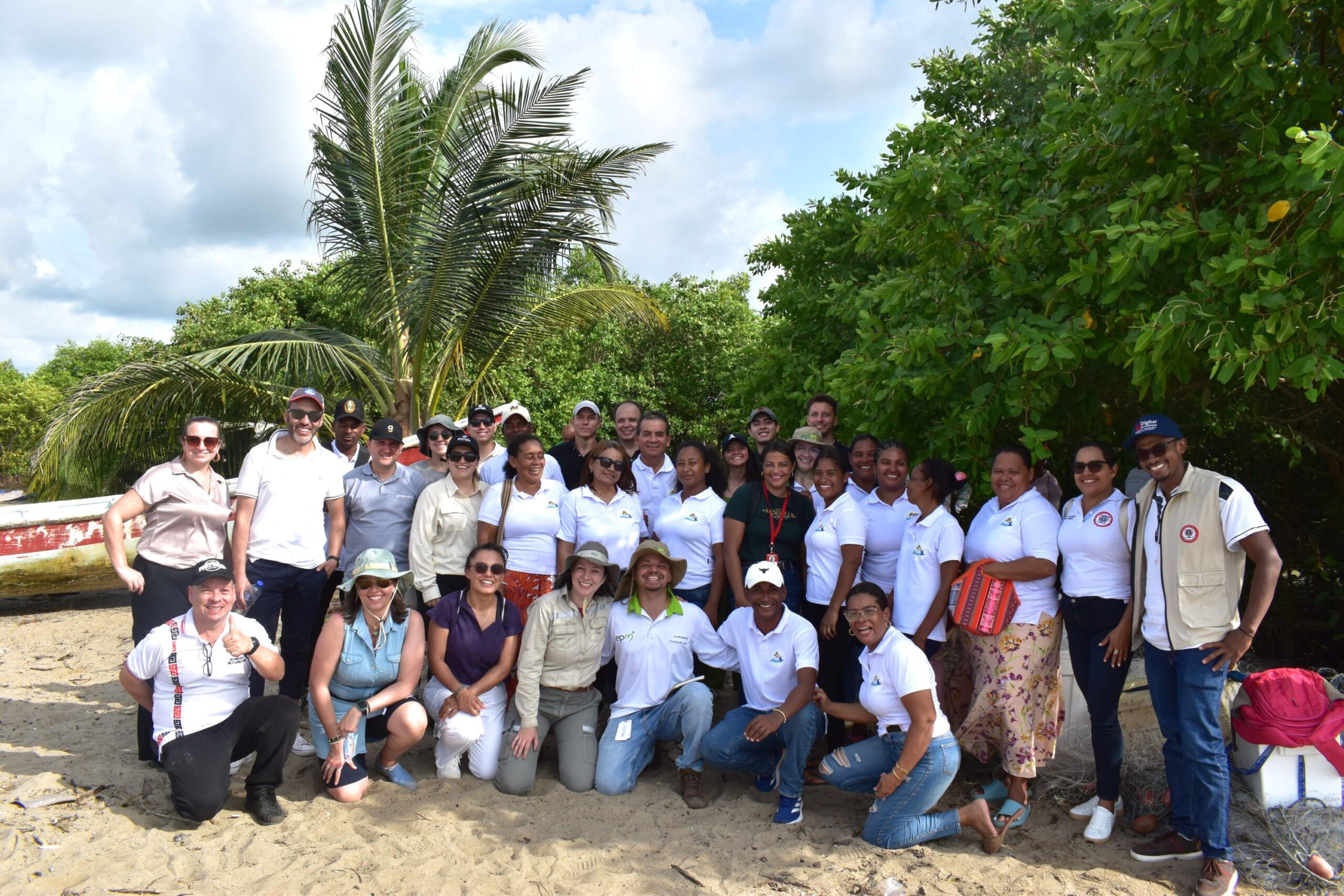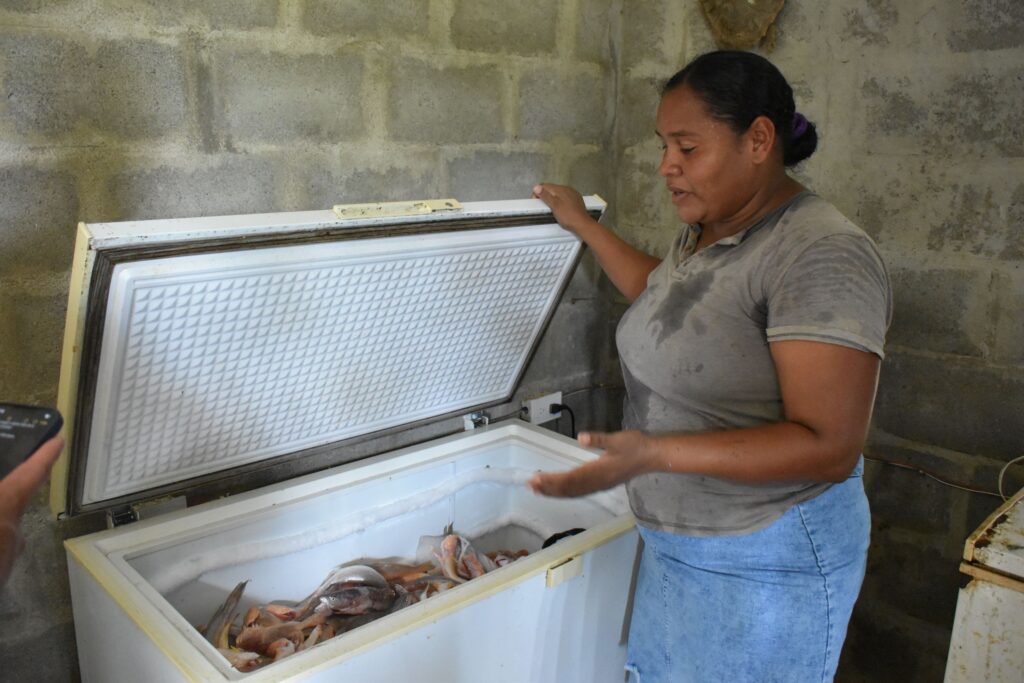On August 19 and 20, a kick-off workshop was held in Mulatos, Necoclí to propose an associative model between Asopescar, the Mayor’s Office of Necoclí and Empresas Públicas de Medellín (EPM), in order to take advantage of synergies between the community, the public sector and the business sector to accelerate the energy transition, promote citizen participation and ensure the sustainability of projects with a gender focus.
The Ministry of Mines and Energy, in cooperation with the IKI Interface project—commissioned by the German Federal Ministry for Economic Affairs and Energy (BMWE) and implemented by the German Development Cooperation (GIZ)—has launched an energy community pilot project in the village of Mulatos, Necoclí. This ambitious plan not only seeks to implement renewable energy technologies, but also focuses on creating a sustainable business model with a strong gender perspective.
The initiative was born from a strategic collaboration that articulates three key actors in the territory: the national government, the local government and the private sector. The Ministry of Mines and Energy, together with Empresas Públicas de Medellín (EPM) and the Interfaz IKI project, led an exhaustive selection process. Priority was given to communities with a productive approach, capable of generating a tangible economic and social impact.
After a rigorous territorial characterization and a thorough evaluation, the Mulatos community was chosen for this pilot. The decision was based on the strong organization of its fishermen’s association, Asopescar, and the commitment of the Mayor’s Office of Necoclí. This combination of a strong social fabric and institutional support creates the ideal environment for the project to flourish. Asopescar, known for its work in artisanal fishing, will serve as the central hub for project implementation and management, transforming its activity into a catalyst for energy and economic development.
The business model approach ensures that the community not only consumes clean energy, but also actively participates in its generation and commercialization, creating new sources of income and strengthening the local economy. The gender perspective is integrated to ensure that women and men have equal opportunities for participation, leadership and benefit sharing, promoting equity in the energy sector.
This pilot in Mulatos is more than a technical project, as it seeks to become a model that can be replicated in other regions of the country. With the support of EPM and technical assistance from GIZ, this model is expected to demonstrate how collaboration between different actors can democratize energy, empower communities and accelerate the transition to a more sustainable and just future for all Colombians. The Mulatos community is ready to ignite the spark of a new future, showing the world that tomorrow’s energy solutions are built from the heart of communities.

